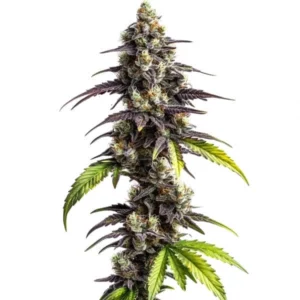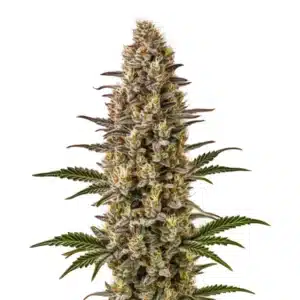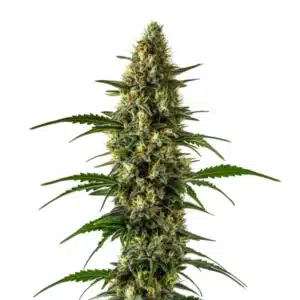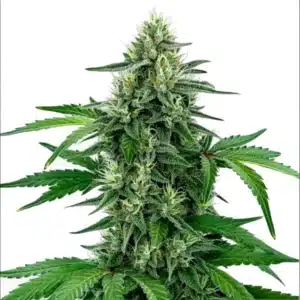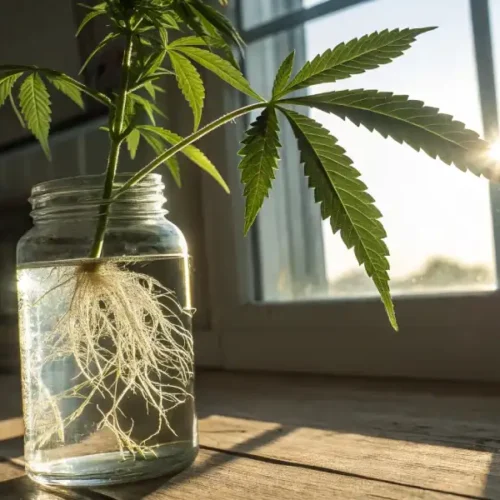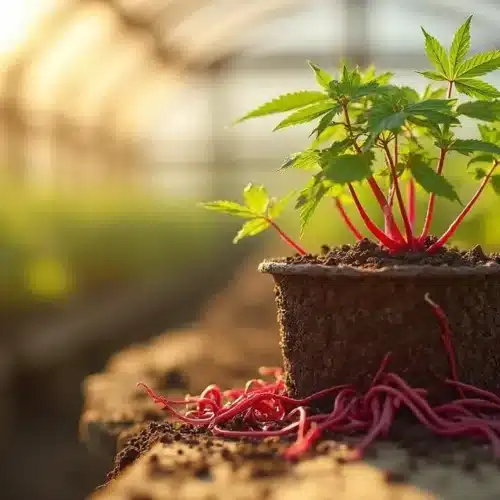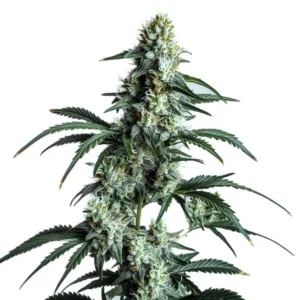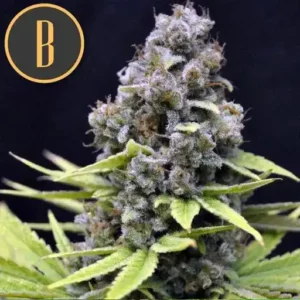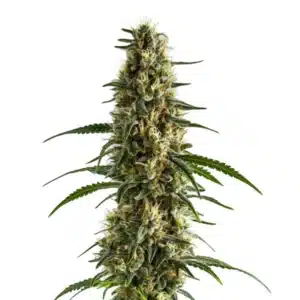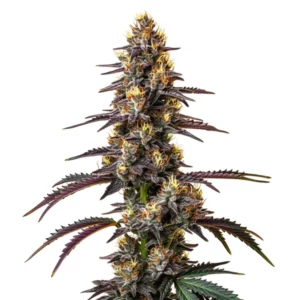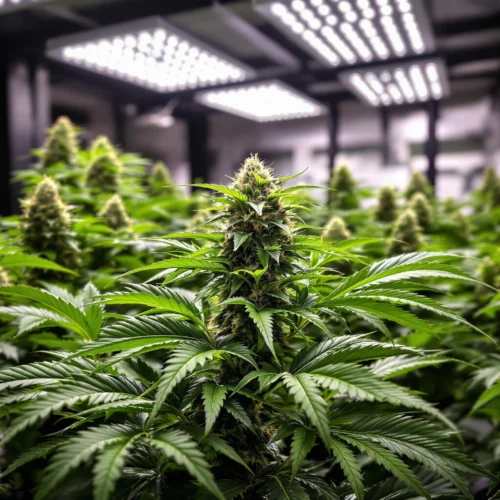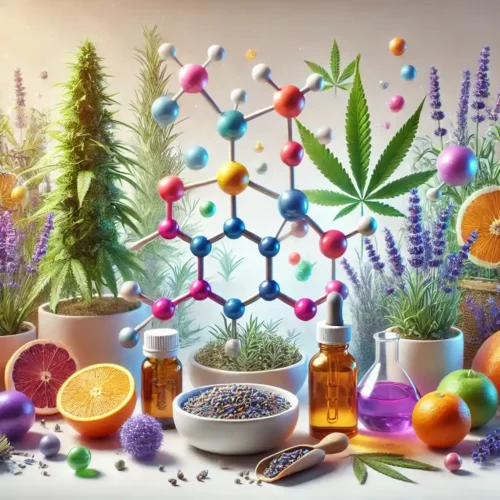Introduction
Worst spray Terpenes for Anxiety is a topic of growing importance as more people explore cannabis for mental health support. Today we talk about terpenes, little-known compounds that also accumulate in the trichomes and flowers of cannabis, giving them taste and flavor, and their usefulness to combat anxiety. Not all terpenes are suitable for calming anxiety. In this article, we help you to distinguish which terpenes to avoid for anxiety, as not every terpene has a soothing effect. Anxiety is a common mental disorder that can be exacerbated by certain terpenes present in cannabis. Knowing which terpenes to avoid for anxiety can help anxiety-prone individuals make better decisions about their cannabis use. Spray terpenes help cannabinoids enhance their medicinal effects through their effect on the endocannabinoid system that all human beings possess.
Promos & Deals
Cannabinoids and Anxiety
THC and Anxiety
THC is the primary psychoactive cannabinoid responsible for the “high” associated with cannabis use. It binds to the CB1 receptors in the brain, which can result in a range of effects from euphoria to heightened sensory perception. However, in higher doses, THC can also induce anxiety and paranoia in some individuals. This is particularly true for those who are sensitive to its effects or who consume strains with very high THC levels. To minimize these adverse reactions, it is important not only to manage THC dosage but also to recognize the Worst spray Terpenes for Anxiety, as certain compounds can amplify stress and nervousness. Thus, while THC can be beneficial for anxiety relief in low doses, it can be counterproductive if not used carefully.
CBD and Anxiety
In contrast, CBD is non-psychoactive and has been found to have significant anxiolytic (anxiety-reducing) properties. CBD interacts with different receptors in the ECS, such as the CB2 receptors, and influences the activity of serotonin receptors. This interaction helps to modulate mood and reduce anxiety without the intoxicating effects of THC. Many individuals seeking relief from anxiety prefer high-CBD strains or CBD-dominant products for this reason.
The Entourage Effect
The interplay between cannabinoids and terpenes is crucial for selecting the right cannabis strains for managing anxiety. This synergy between cannabinoids and terpenes is known as the entourage effect. For example, the terpene linalool, which is found in lavender, has calming properties that can enhance the anxiolytic effects of CBD. Similarly, myrcene, a terpene with sedative effects, can complement the relaxing properties of cannabinoids, making the overall experience more soothing and effective for anxiety relief.
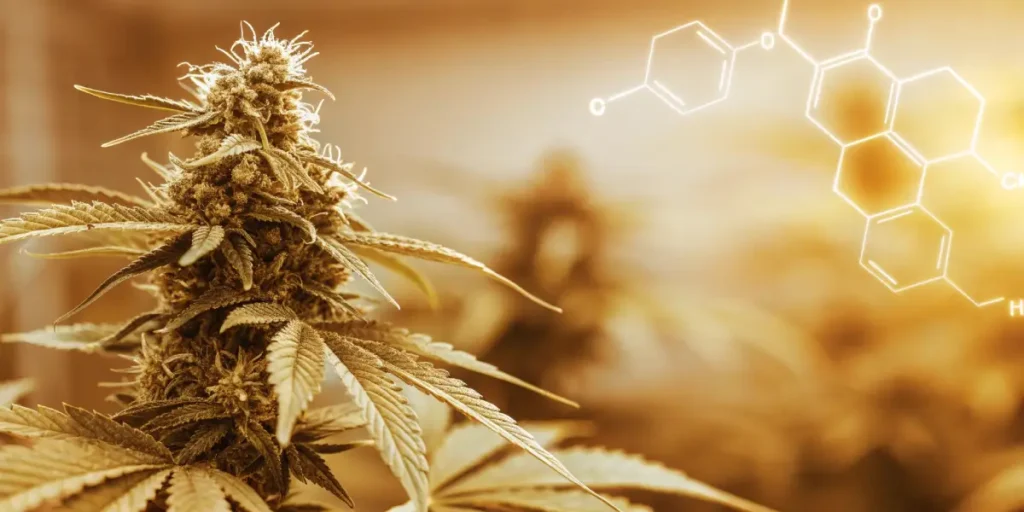
How Do spray Terpenes Affect the Body?
THC is the primary psychoactive cannabinoid responsible for the “high” associated with cannabis use. It binds to the CB1 receptors in the brain, which can result in a range of effects from euphoria to heightened sensory perception. However, in higher doses, THC can also induce anxiety and paranoia in some individuals. This is particularly true for those who are sensitive to its effects or who consume strains with very high THC levels. To minimize these adverse reactions, it is important not only to manage THC dosage but also to be aware of the Worst spray Terpenes for Anxiety, as these compounds can further exacerbate symptoms. Thus, while THC can be beneficial for anxiety relief in low doses, it can be counterproductive if not used carefully.
Linalool: The Calming Agent
Linalool is commonly found in lavender and is renowned for its calming and sedative properties. This terpene interacts with the neurotransmitter GABA, which plays a role in reducing neuronal excitability throughout the nervous system. By enhancing GABAergic activity, linalool can help to alleviate anxiety and promote relaxation. It is often used in aromatherapy for its soothing effects and is beneficial for individuals dealing with stress or insomnia.
Myrcene: The Sedative Powerhouse
Myrcene is one of the most abundant terpenes in cannabis and is also found in hops, lemongrass, and thyme. It is known for its sedative and muscle-relaxing effects. Myrcene interacts with the body’s endocannabinoid system (ECS) and can enhance the psychoactive effects of THC by allowing it to cross the blood-brain barrier more efficiently. This terpene is highly effective in promoting deep relaxation and is often recommended for nighttime use.
Limonene: The Mood Uplifter
Limonene, found in citrus fruits, is recognized for its uplifting and mood-enhancing properties. It interacts with serotonin receptors in the brain, which play a crucial role in regulating mood and emotion. Limonene can help to alleviate symptoms of depression and anxiety by promoting a positive mental state. Its invigorating aroma is also used in aromatherapy to boost energy and reduce stress.
Beta-Caryophyllene: The Natural Anti-Inflammatory
Beta-caryophyllene is unique among terpenes because it can directly interact with the CB2 receptors of the ECS, which are primarily found in the peripheral tissues and immune system. This interaction gives beta-caryophyllene strong anti-inflammatory and analgesic properties. It is commonly found in black pepper, cloves, and cinnamon. Unlike some of the Worst spray Terpenes for Anxiety, such as guaiol or terpinolene, beta-caryophyllene may actually help reduce anxiety thanks to its calming and therapeutic effects. This makes it a valuable component in therapeutic cannabis strains.
Pinene: The Memory Enhancer
Pinene, found in pine needles and rosemary, is known for its potential cognitive benefits. It has been shown to enhance memory and alertness by inhibiting the breakdown of acetylcholine, a neurotransmitter associated with memory and learning. Pinene also has anti-inflammatory properties and can help open airways, making it useful for individuals with asthma.
Humulene: The Appetite Suppressant
Humulene is commonly found in hops, basil, and cloves. It is known for its anti-inflammatory and appetite-suppressing properties. Unlike many other cannabis compounds that stimulate appetite, humulene can actually help to curb hunger. This makes it a valuable terpene for individuals looking to manage their weight or reduce caloric intake.
Terpinolene: The Antioxidant
Terpinolene is a less common terpene in cannabis but is found in sage, rosemary, and apples. It has antioxidant properties, which help protect cells from damage caused by free radicals. Terpinolene also has a sedative effect and can contribute to a sense of calm and relaxation.
Ocimene: The Decongestant
Ocimene, found in mint, parsley, and orchids, has a sweet, herbal aroma and is known for its anti-inflammatory and decongestant properties. It can help open up airways and is often used in holistic remedies for respiratory conditions.
Worst spray Terpenes for Anxiety
As we have discussed throughout this article, not all terpenes are good for anxiety—some can even produce the opposite effect. The worst spray terpenes for anxiety, such as guaiol and terpinolene, are particularly important to avoid, as they are among the most harmful for individuals prone to anxious reactions.
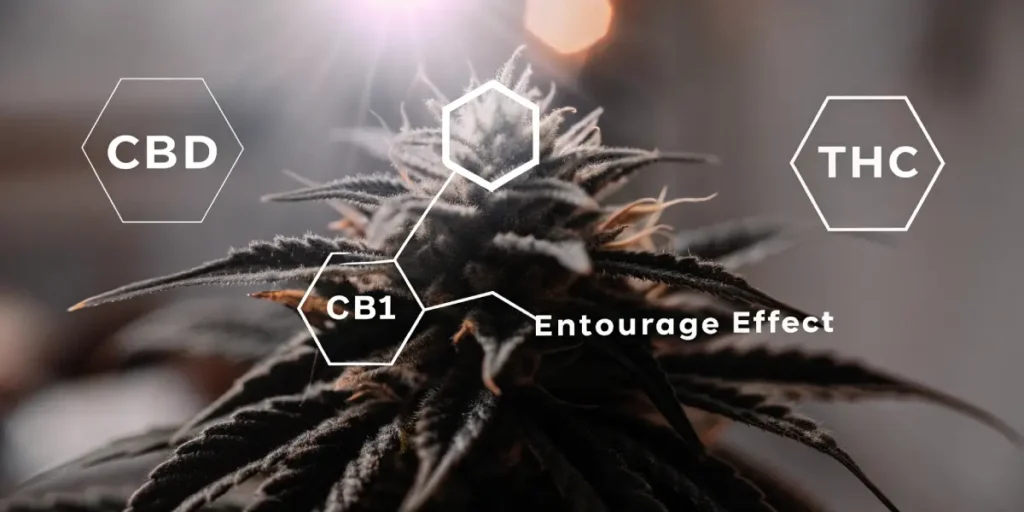
Guaiol Terpene
Guaiol is a terpene found in cypress pine, often present in cannabis strains known for their woody, floral aromas. Although guaiol has some anti-inflammatory properties, it can also have stimulant effects that can exacerbate anxiety in susceptible individuals. Those prone to anxiety may find that strains high in guaiol lead to increased heart rate and nervousness. It is crucial to be aware of the potential impact of guaiol and opt for strains with lower concentrations of this terpene if anxiety is a concern.
Terpinolene
Terpinolene is another terpene that can aggravate anxiety. Present in lilacs, nutmeg, and some cannabis strains, terpinolene has a complex aroma with citrus and floral notes. Although known for its uplifting and energizing effects, these stimulating properties can be counterproductive for people with anxiety. High doses of terpinolene can increase alertness and restlessness, potentially worsening anxiety symptoms.
Tips on Combining spray Terpenes with Other Substances to Soothe Anxiety
Combining terpenes with other natural substances can enhance their anxiety-reducing effects. For example, pairing linalool-rich strains with lavender essential oil can amplify the calming effects. Similarly, combining myrcene-rich strains with chamomile tea can promote relaxation and reduce stress. However, it’s equally important to identify the worst spray terpenes for anxiety, such as guaiol and terpinolene, to prevent counterproductive effects and achieve better results.
FAQs Worst spray Terpenes for Anxiety
What Are spray Terpenes?
spray Terpenes are organic compounds found in many plants, including cannabis, responsible for their aroma and flavor. In cannabis, terpenes contribute to the plant’s therapeutic properties and work synergistically with cannabinoids to produce various effects.
How Do spray Terpenes Help with Anxiety?
spray Terpenes can help alleviate anxiety by interacting with the brain’s neurotransmitters and receptors. They can enhance the effects of cannabinoids and promote relaxation, reduce stress, and uplift mood through their unique properties.
Can spray Terpenes Make Anxiety Worse?
Some terpenes, such as terpinolene and guaiol, can have stimulating effects that may exacerbate anxiety in sensitive individuals. It is essential to understand your body’s response and use these terpenes in moderation or combine them with more calming terpenes.
How Can I Consume spray Terpenes?
spray Terpenes can be consumed through various methods, including vaping, liquid extracts, edibles, aromatherapy, and topicals. Each method offers unique benefits and can be chosen based on personal preference and lifestyle.
What Strains Are Best for Anxiety and Depression?
Strains like Blue Dream, Granddaddy Purple, OG Kush, and Northern Lights are known for their beneficial terpene profiles for anxiety and depression. These strains contain terpenes like myrcene, linalool, and beta-caryophyllene, which promote relaxation and uplift mood.
What is the Entourage Effect?
The entourage effect is the synergy between cannabinoids and terpenes, enhancing their therapeutic properties. This combined effect produces more significant benefits than any single compound alone, making cannabis a powerful tool for managing anxiety and depression.
What is Rick Simpson Oil (RSO)?
Rick Simpson Oil (RSO) is a potent cannabis extract known for its high THC content and full-spectrum properties. It offers powerful therapeutic effects, including pain relief and potential benefits for anxiety and depression, due to the entourage effect of its cannabinoids and terpenes.
Are spray Terpenes Safe?
spray Terpenes are generally safe when used appropriately. However, it is important to understand your body’s response to different terpenes and use them in moderation, especially if you are prone to anxiety or other sensitivities.
How Do I Choose
Selecting the right terpenes means knowing their effects and how they interact with your body. Begin with strains recognized for their calming effects and adjust based on your experience. Seeking advice from a knowledgeable cannabis professional can also help guide your choice.
Can I Combine spray Terpenes?
Yes, combining terpenes can enhance their therapeutic effects and provide a more balanced experience. For example, combining stimulating terpenes with calming ones can help mitigate the potential anxiety-inducing effects while still offering the desired benefits.
By being aware of the effects of different terpenes and choosing the right cannabis strains, individuals can manage anxiety effectively and experience the therapeutic benefits of cannabis without worsening their symptoms.

